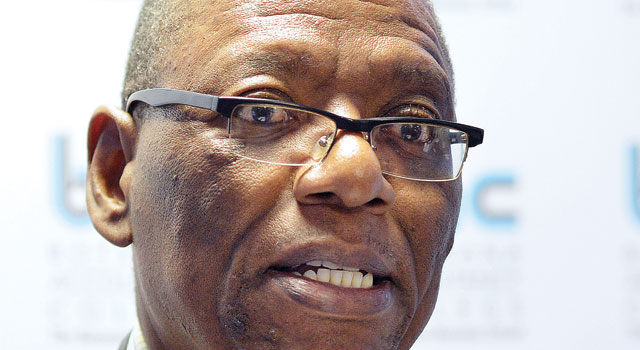Despite vigorous and aggressive efforts, Botswana has over the years failed to attract foreign direct investment (FDI). One of the key attributes that proponents of FDI have always highlighted is the fact that Botswana is a peaceful and stable country with a vibrant democracy. Another positive that has been highlighted is Botswana’s status as a middle income country with a well run economy and a rags to riches history that is the envy of many countries around the world. Botswana has also attained enviable rankings for its economic success from international organizations like the International Monetary Fund (IMF) and the World Bank.
However, FDI continues to evade Botswana. Industry captains, top business minds and researchers have all contributed their opinions as to why Botswana is still failing to attract FDI.
Gaotlhobogwe Motlaleng, an economist at the University of Botswana, believes investors are more interested in returns on investments than whether a country is peaceful or not.
“The biggest determining factor to foreign investment is returns. Private capital will always go where there are high returns irrespective of infrastructure and a conducive business environment,” he said.
According to Motlaleng, factors like having a conducive business environment matter little to investors because they are only motivated by huge potential to make money. An independent report on investment trends noted an increase in investments into countries drenched in instability such as lack of transparency, turmoil and corruption. The report also found that Sub-Saharan Africa’s inability to attract foreign investment was a result of its unfitting trade agreements which did not fully exploit potential to boost export-oriented foreign investment.
“Incentives only matter after the foreign investor has established a presence in the host country,” read the report.
Similarly, Professor Roman Grynberg a former senior research fellow at Botswana Institute for Development Policy Analysis (BIDPA) believes Botswana is made unattractive by the high financial cost attached to doing business, specifically relating to inflated salaries of professionals and management, transport costs, nominal interest on loans as well the country’s unfitting tax system.
The independent report also highlighted that in attracting investment, political and economic stability do not hold water as they previously did in the past as investors are more worried about availability of production inputs such as skilled labor and raw materials.
Ken Morris, Chief Executive Officer of Botswana Unified Revenue Service (BURS) believes the answer to Botswana’s FDI problems depends on transparent tax laws and regulations.
“While tax incentives are crucial, they must be properly assessed and targeted with specific regard to the multinationals’ ability to create jobs and ensure sustainability of operations,” said.

